Augmentin 1g
Valid for order above $299
Augmentin 1000 Duo Tablet is used in the treatment of Bacterial infections. View Augmentin 1000 Duo Tablet (strip of 10.0 tablets) uses, composition, side-effects, price, substitutes, drug interactions, precautions, warnings, expert advice and buy online at best price on amerimedscure.com
Augmentin 1g |
||||
|---|---|---|---|---|
| Pack Size | Price | Price/unit | Quantity | Add To Cart |
| 30 tablets | $120.00 | $4.00 / tablets |
|
|
| 60 tablets | $182.00 | $3.03 / tablets |
|
|
| 90 tablets | $230.00 | $2.56 / tablets |
|
|
| 120 tablets | $274.00 | $2.28 / tablets |
|
|
| 150 tablets | $300.00 | $2.00 / tablets |
|
|
| 200 tablets | $350.00 | $1.75 / tablets |
|
|
| 300 tablets | $400.00 | $1.33 / tablets |
|
|
| Want to order in bulk / B2B price? Send Inquiry | ||||
Description
| Active Ingredient (Generic Name): | Amoxycillin + Clavulanic Acid |
| Indication: | Bacterial infections |
| Manufacturer: | Glaxo SmithKline Pharmaceuticals Ltd |
| Packaging: | 10 Tablets in 1 Strip |
| Strength: | 1 gm |
| Delivery Time: | 6 To 15 days |
| SKU: | Augmentin Duo 1g |
Augmentin 1g is a brand name for a combination antibiotic containing Amoxicillin (a penicillin-type antibiotic) and Clavulanic acid (a beta-lactamase inhibitor). This combination is used to treat a variety of bacterial infections by enhancing the efficacy of amoxicillin, which might be inactivated by certain bacterial enzymes.
Uses of Augmentin 1g:
Augmentin 1g is prescribed for the treatment of various bacterial infections, including:
- Respiratory Tract Infections:
- Pneumonia
- Bronchitis
- Sinusitis
- Tonsillitis
- Ear Infections:
- Acute otitis media (middle ear infection)
- Urinary Tract Infections:
- Cystitis (bladder infection)
- Pyelonephritis (kidney infection)
- Skin and Soft Tissue Infections:
- Cellulitis
- Abscesses
- Impetigo
- Dental Infections:
- Dental abscesses
- Sexually Transmitted Infections:
- Gonorrhea (in combination with other antibiotics)
- Other Infections:
- Bone infections (osteomyelitis)
- Intra-abdominal infections (e.g., peritonitis, diverticulitis)
- Endocarditis (infection of the heart lining)
How It Works:
- Amoxicillin: Amoxicillin is a broad-spectrum antibiotic that works by inhibiting the formation of bacterial cell walls, leading to the destruction of bacteria.
- Clavulanic acid: Clavulanic acid helps to prevent certain bacteria from producing an enzyme called beta-lactamase, which can destroy amoxicillin. This allows amoxicillin to be effective against a wider range of bacteria.
Together, the combination of amoxicillin and clavulanic acid makes Augmentin effective against bacteria that might otherwise be resistant to amoxicillin alone.
Dosage:
- Standard dose: For adults, the typical dose is 1g (Amoxicillin 875 mg + Clavulanic acid 125 mg) taken every 12 hours or as prescribed by your doctor.
- For severe infections: Higher doses or more frequent doses may be prescribed.
- For children: The dosage is based on the child’s weight and the type of infection.
It’s important to follow your doctor’s instructions on dosage and to complete the full course of treatment, even if symptoms improve before the medication is finished.
Side Effects:
Common side effects of Augmentin 1g may include:
- Diarrhea
- Nausea or vomiting
- Stomach pain or cramps
- Rash
- Headache
- Dizziness
Serious Side Effects:
Though rare, serious side effects can occur, including:
- Allergic reactions (e.g., swelling of the face, lips, tongue, or throat, difficulty breathing)
- Severe diarrhea (Clostridium difficile-associated diarrhea)
- Liver problems (e.g., yellowing of the skin or eyes)
- Kidney problems
- Severe skin reactions (e.g., blistering, peeling)
Seek medical attention immediately if you experience any of these serious side effects.
Precautions:
- Allergy to penicillins: Do not take Augmentin if you are allergic to penicillins, cephalosporins, or any component of the medication.
- Liver or kidney disease: If you have liver or kidney disease, your doctor may adjust the dosage or monitor you more closely.
- Pregnancy: Augmentin is considered generally safe during pregnancy, but you should always consult your doctor before using it.
- Breastfeeding: Amoxicillin and clavulanic acid can pass into breast milk in small amounts. Consult your doctor before breastfeeding while taking Augmentin.
1. What is Augmentin 1g used for?
Augmentin 1g (a combination of Amoxicillin and Clavulanic acid) is an antibiotic used to treat a variety of bacterial infections, including:
- Respiratory tract infections (e.g., pneumonia, bronchitis)
- Ear infections (e.g., otitis media)
- Skin and soft tissue infections (e.g., cellulitis, impetigo)
- Urinary tract infections (e.g., cystitis)
- Sexually transmitted infections (e.g., gonorrhea)
- Dental infections (e.g., abscesses)
2. How does Augmentin 1g work?
Augmentin 1g works by combining Amoxicillin, a penicillin-type antibiotic that prevents bacteria from forming cell walls, and Clavulanic acid, which inhibits bacterial beta-lactamase enzymes that could otherwise break down amoxicillin. This combination allows Augmentin to treat infections caused by bacteria resistant to amoxicillin alone.
3. How should I take Augmentin 1g?
Augmentin 1g is typically taken orally as a tablet. It is usually prescribed as one tablet every 12 hours or as directed by your healthcare provider. It can be taken with or without food, but taking it with food may help reduce stomach upset. Always complete the prescribed course of treatment to prevent the infection from returning.
4. What if I miss a dose of Augmentin 1g?
If you miss a dose, take it as soon as you remember. If it is almost time for your next dose, skip the missed dose. Do not take two doses at once to make up for a missed dose.
5. Can I stop taking Augmentin 1g when I feel better?
No, you should complete the full course of Augmentin 1g, even if you start feeling better before finishing the medication. Stopping the medication early can lead to the infection returning and contribute to antibiotic resistance.
Additional information
| Unit | 120 Tablets, 150 Tablets, 200 Tablets, 30 Tablets, 300 Tablets, 60 Tablets, 90 Tablets |
|---|

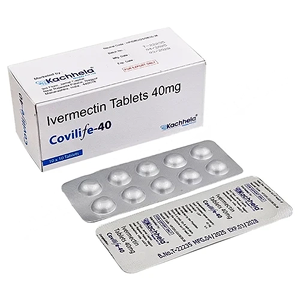
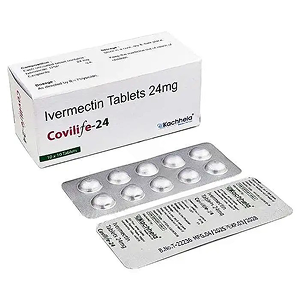
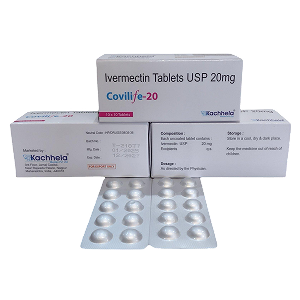
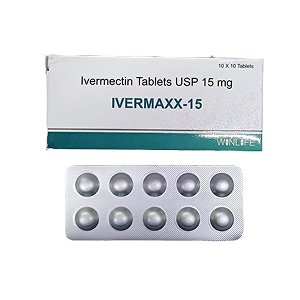
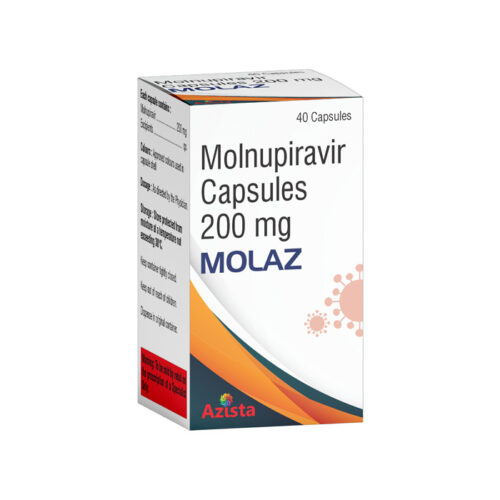
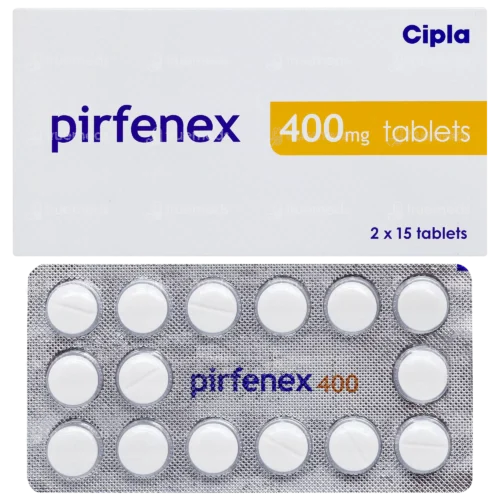
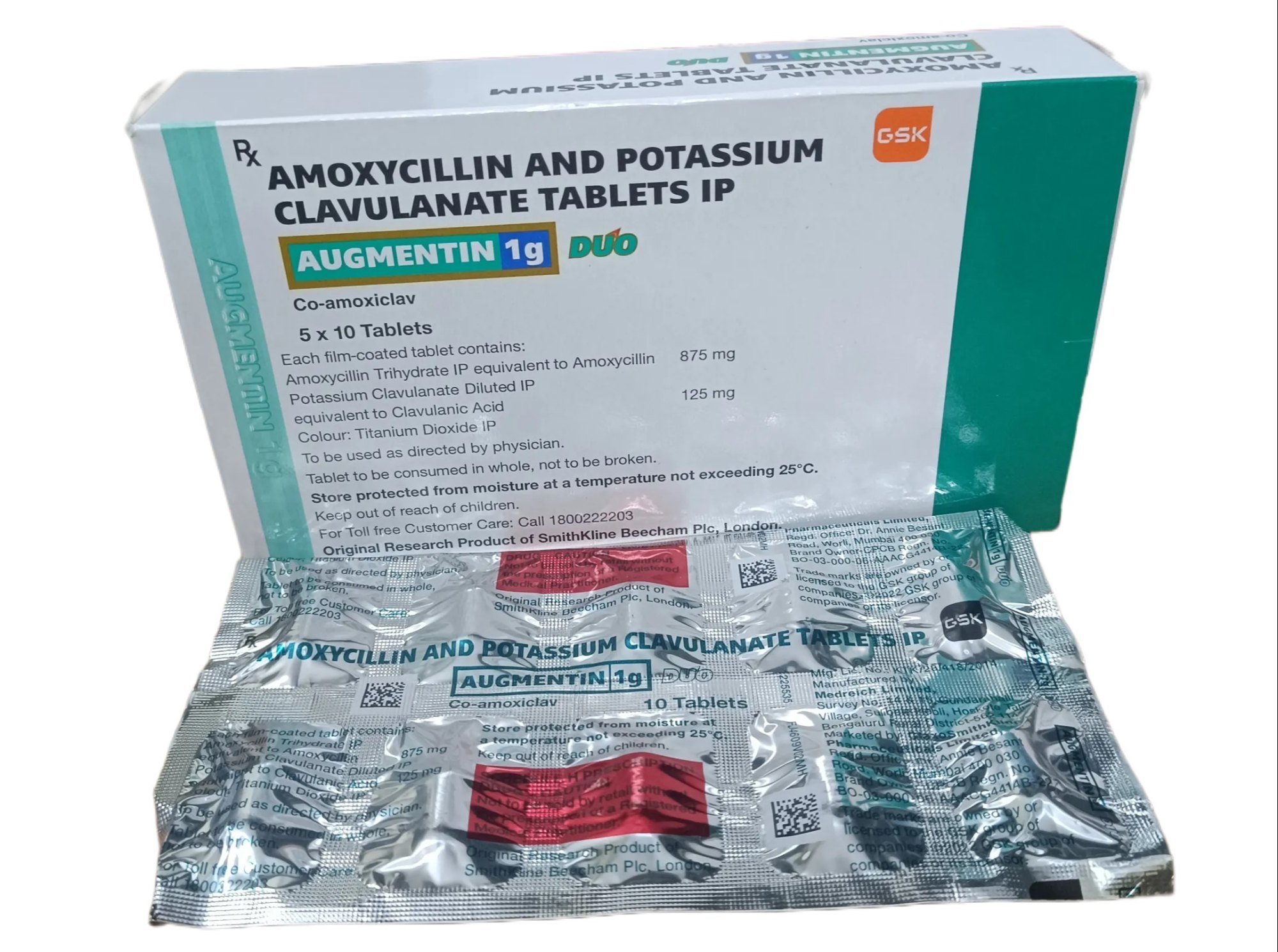
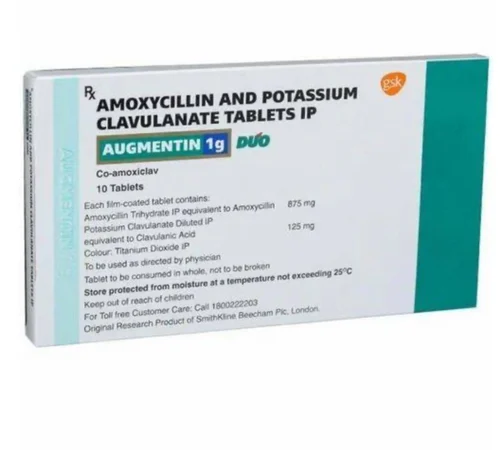
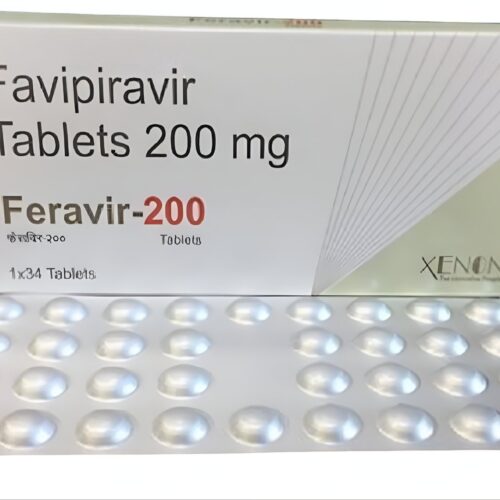
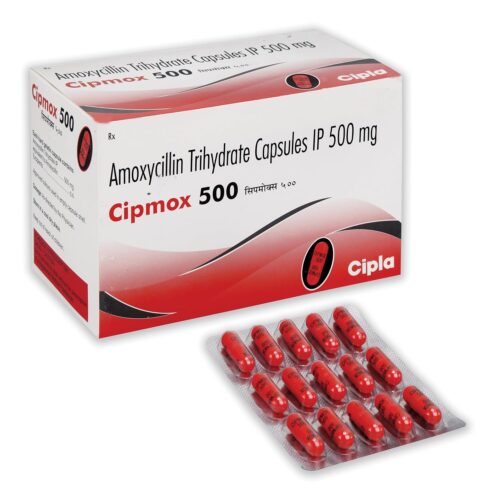
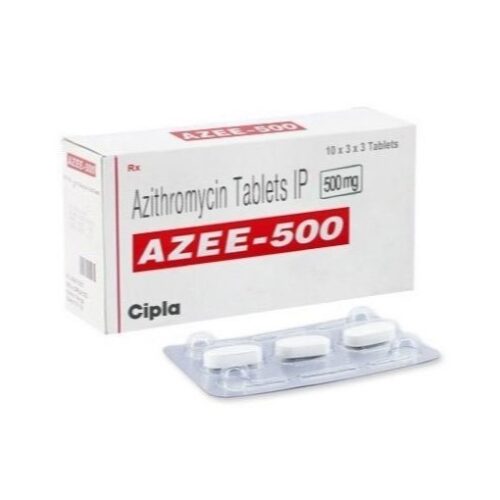
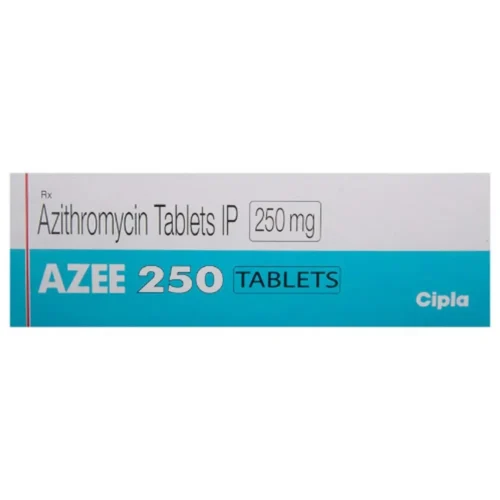
Reviews
There are no reviews yet.